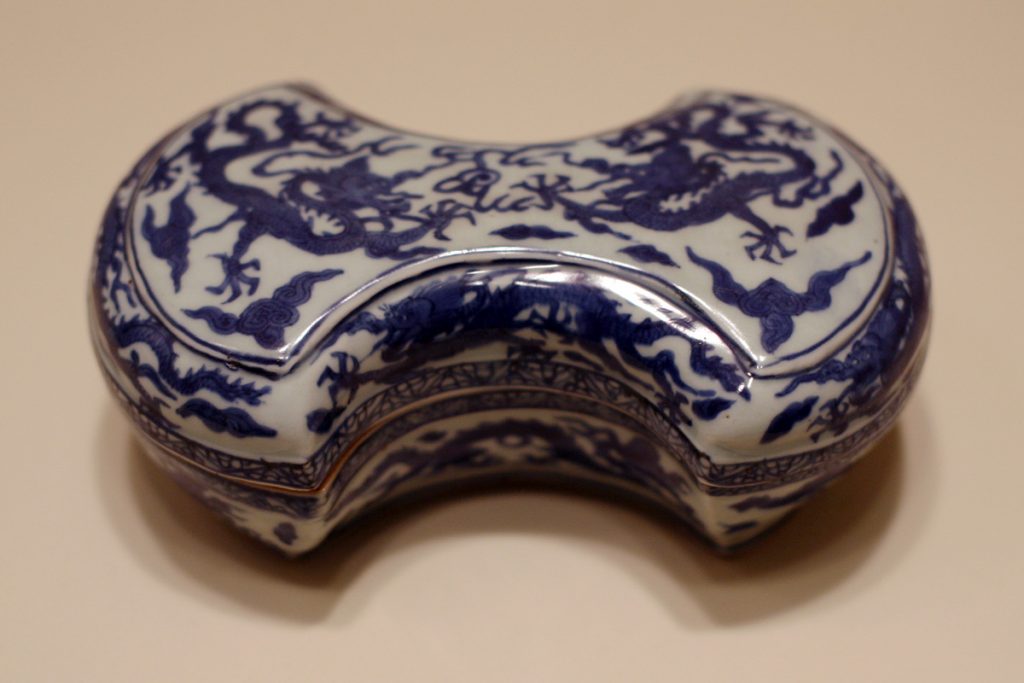Don’t Let It Confuse You! – Dose Posted by Sten on Feb 23, 2019 in Language
Today, we start a new series on the blog, called Don’t Let It Confuse You! In this series, we will look at words or phrases that seem to mean the exact same thing in English, simply because they are spelled the same or sound the same. These are also known as “false cognates”, in German known as Fauxami (a “false friend” in French). But they are not! So don’t let them confuse you! We start off today with dose. Or Dose.
For previous posts in this series, click here.
The Can
Die Dose
The can/tin
You may think that Dose means “dose”, as it is in English, but this word actually refers to a can that contains food, for example.
However, a Dose can also be a fancy little box that contains kostbare (valuable) items, such as Geld (money), Schmuck (jewelry) or Tabak (tobacco).
So there are different varieties, such as Tabakdose, Schmuckdose and Spardose (coin bank). So these are not your doses of tobacco, jewelry or money, they are boxes!
The Dose
What about the English “dose”, then? It is not too far off, you would say Dosis or Portion.
What about the verb “to dose”? That would become dosieren.
How to say it?
The Germans pronounce the -e at the end, whereas English speakers don’t. Listen to the examples below. These are not translations, just the words in their respective languages,
Did you confuse these two before? Are there other words you find confusing because of how similar they look to a word you already know? Let me know in the comments below!

Build vocabulary, practice pronunciation, and more with Transparent Language Online. Available anytime, anywhere, on any device.





Comments:
Stephen Ryan:
Surely the audio part is wrong. You follow “Die Dose” by its English translation which you give as “Dose”, but surely you mean “can/tin”?
Sten:
@Stephen Ryan Hi Stephen!
It is more as an explanation of what both terms sound like in their respective language, so you get the difference between the two. So it was not meant as a translation. I’ve clarified it in the text.
Thanks!
Richard:
I’m surprised you didn’t mention Steckdose (electrical socket) …
Sten:
@Richard Very true! But that is pretty much the only time “dose” is used as “socket”. But good point!
Michael:
Sten, enjoyed this. It’s going to be a great series. I think learners like me are going to want to find these posts in web searches. When I’ve looked on the web in the past for this type of information I often searched on “false cognates” or “false friends.” Would it help to use those phrases somewhere in your post? Not sure. Just FWIW.
Sten:
@Michael Yes, very much so! I’ll include them, thanks!
BARBARA OBERDING:
andere “falsche Brueder” Tag, Mist, Kind, rot, halt (halt dein Mund) ,still, man, bin,die, und noch hunderte mehr. Aber ich denke, dass du bestimmt noch andere weisst. Barbara
Sten:
@BARBARA OBERDING Vielen Dank für die vielen Beispiele! Ich werde einige davon besprechen 🙂
Kelly:
Short, sweet, applicable, and memorable, thank you for this lesson!
alcazar:
Yay, Sten is back writing 🙂
Interessante neue Serie, weitere Beispiele wären z. B. “tot”, “handy”, “art”, “gift” etc.
Danke.
Miracle:
Pls help me out. I need a conversation in German.
James Rogerson:
Is there a reason for omitting the articles? It will be useful to have them.